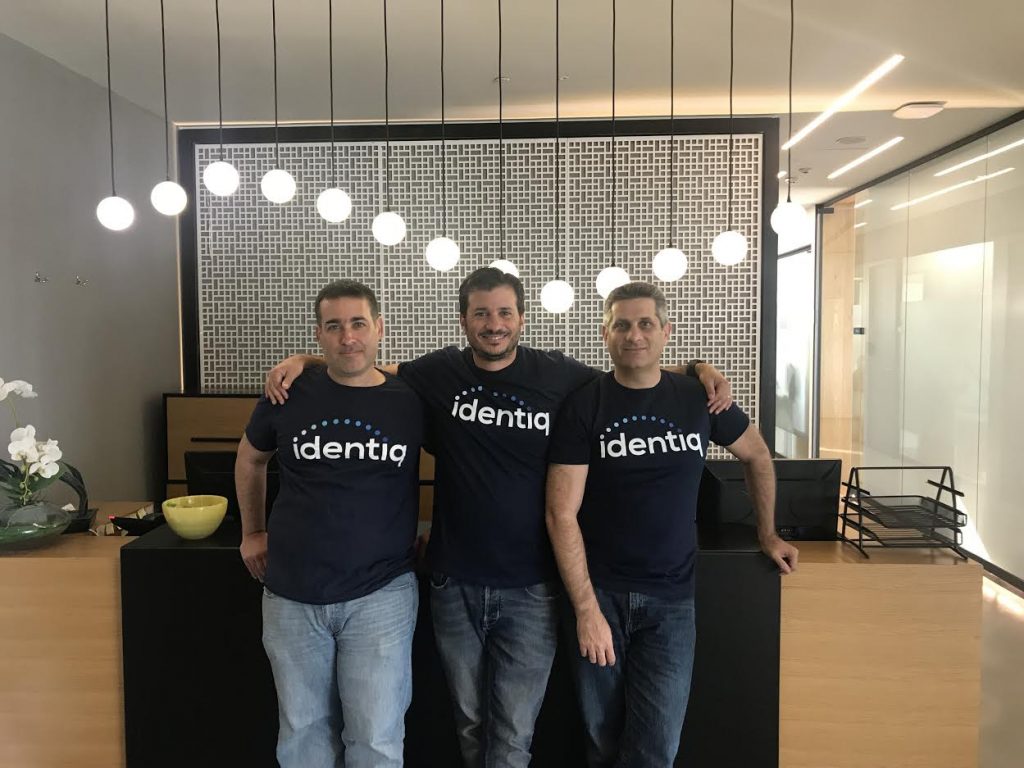Israeli startup Identiq announced this week that it raised a seed funding round of $5 million and was launching its new privacy-focused, anti-fraud anonymous verification network that will allow companies to validate users without compromising their data.
The funding round was led by Entrée Capital with participation from Slow Ventures, Vertex Ventures Israel and Oryzn Capital.
Founded in September 2018, Identiq sought to solve identity validation problems with an anonymous, distributed network that lets members validate users and vouch for new ones without exposing any user data or putting it at risk.
The startup was co-founded by Itay Levy, its CEO, who previously founded and sold two separate startups – Appoxee and Buzzmetrics – to Teradata and Nielsen respectively; Uri Arad, Identiq’s VP product, who previously led the analytics team at PayPal’s risk department; and Ido Shilon, who formerly led the Israeli R&D center for Nielsen.
Identiq said in a statement that its FAIR (Fully Anonymous Identity Resolution) technology uses “proprietary cryptographic protocols to obtain validation from other network members while preserving complete consumer privacy,” which makes it “fully compliant with GDPR, CCPA, and other privacy regulations.”
“In the era of Cambridge Analytica, the Equifax breach and other such scandals, and while tech giants struggle with how to keep consumer data private, we’ve found a way to help companies meet their business goals without sharing or even exposing any private company or consumer data,” Levy wrote in a Medium post.
Identiq explained that “identity can be verified at critical moments in the customer journey, like onboarding or first payment, by making crucial connections between data points such as email, phone, address, IP, device or funding source, etc.” This approach “leads to more accurate decisions, lower decline rates, reduced fraud, and better user experience for consumers.”
Levy said the company’s founders “are constantly hearing that our approach and technology is truly game-changing, and is something the fraud-prevention market has been craving for years.”
Identiq does not use blockchain technology for its solution. Arad explained in a separate Medium post that while blockchain provides transparency, it also carries many risks.
Related posts

Israeli AI Safety Tool Among TIME’S Best Inventions For 2024

TAU Team Discovers Mechanism To Eliminate Cancerous Tumors

Ashdod Port Investing In Startups As Part Of Innovation Strategy




Facebook comments